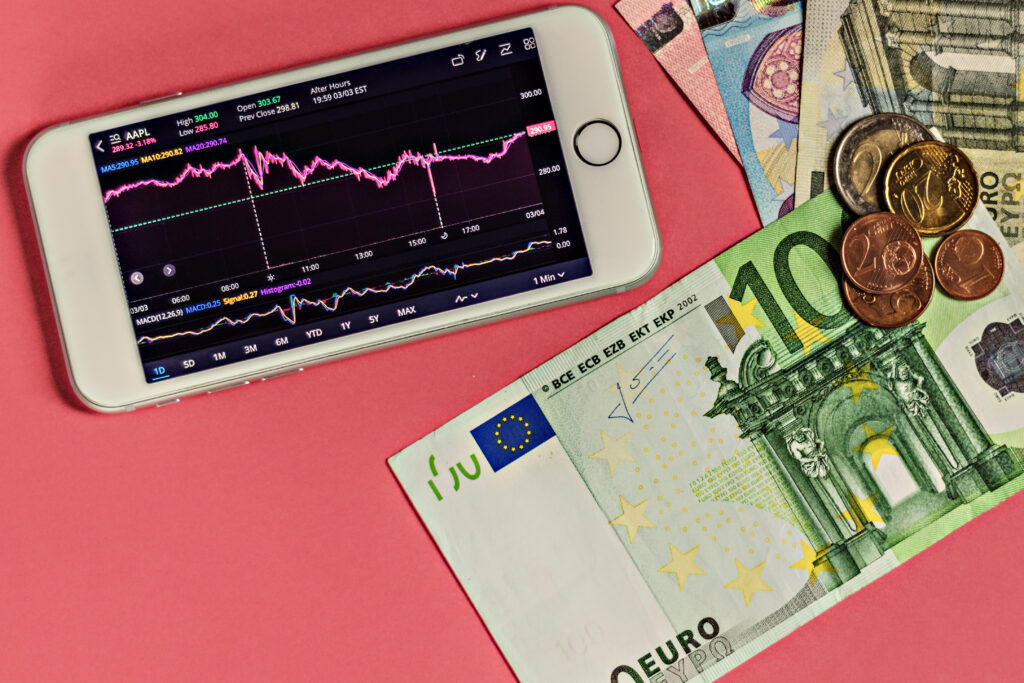Introduction
In today’s interconnected global economy, the role of international trade policies in shaping financial markets has become more important than ever. These policies, which include tariffs, trade agreements, economic sanctions, and protectionist measures, influence how countries interact with one another through commerce. As a result, they have a direct and measurable effect on the global currency landscape.
The Forex market, known for its sensitivity to geopolitical and economic developments, often reacts swiftly to changes in trade policy. Whether a government introduces new tariffs, enters a strategic trade agreement, or imposes economic sanctions, such actions can cause immediate shifts in currency demand and exchange rates. These policy decisions do not occur in isolation. They reflect a nation’s broader economic priorities and carry consequences that ripple through global markets.
In this article, we will explore how international trade policies impact the Forex market and why traders and investors must closely monitor them. Focusing on major global players like the United States, China, and the European Union, we will analyse how shifts in policy can create both risk and opportunity in currency trading. Through this discussion, we aim to highlight the deep connection between trade decisions and currency strength, providing readers with a clearer understanding of one of the most influential forces driving the Forex market today..
Understanding International Trade Policies
International trade policies are rules and strategies set by governments to manage trade relationships between countries. These policies include tariffs, quotas, subsidies, trade agreements, and sanctions. Each of these plays a direct role in shaping currency demand and influencing exchange rates, making them highly relevant to the Forex market.
Tariffs are taxes placed on imported goods. When introduced, they raise import costs, reduce trade flow, and can lead to a weaker domestic currency. For example, if the United States imposes tariffs on Chinese products, demand for the yuan may drop, causing it to lose value in global markets.
Trade wars, often marked by back-and-forth tariff measures, create economic uncertainty. This uncertainty leads investors to seek safer currencies like the U.S. dollar or Japanese yen. As tensions rise, currencies involved in the conflict often experience sharp and unpredictable price movements.
In contrast, trade agreements foster economic cooperation. They remove barriers, increase trade, and boost market confidence. This typically strengthens the currencies of the countries involved. A strong example is the euro, which gained global confidence following the formation of the European Union’s single market.
Sanctions have a very different impact. When a country faces economic sanctions, it becomes isolated from global trade and financial systems. This isolation reduces currency demand and often causes steep devaluation. Iran’s currency, the rial, is a clear example of how sanctions can weaken a nation’s economy and its exchange rate.
Overall, international trade policies are not just political tools—they are powerful economic drivers. Their effects on trade, capital flow, and investor sentiment make them key factors that shape currency movements in the Forex market.ational Trade Policies” can isolate currencies and disrupt their value.
The Role of Major Trading Nations
Now that we have explored the broad impact of international trade policies on the Forex market, let’s narrow our focus to the currencies of major trading nations and how they are influenced by these policies.
- The US Dollar (USD)
As the world’s primary reserve currency, the US dollar is particularly sensitive to changes in international trade policies. Any significant shifts in trade dynamics involving the United States can lead to substantial movements in the dollar’s value. For example, a more protectionist stance by the US government might lead to dollar appreciation, while trade agreements could have the opposite effect.
- The Euro (EUR)
The euro, used by 19 of the 27 European Union member states, is another currency significantly affected by international trade policies. Trade agreements within the EU boost confidence in the euro, while trade tensions with major partners can lead to euro depreciation. It’s crucial to remember that “International Trade Policies” are central to understanding these dynamics.
- The Chinese Yuan (CNY)
China’s currency, the yuan or renminbi (RMB), is closely tied to the country’s trade policies, given its status as a major global exporter. As China’s trade relationships evolve, so does the yuan’s value. Tariffs imposed on Chinese goods by the US, for instance, have had significant repercussions on the yuan’s exchange rate.
Conclusion
International trade policies are more than economic jargon—they are key drivers of the Forex market. Whether it’s tariffs, trade wars, agreements, or sanctions, these policies have a direct and lasting impact on currency values.
Countries like the United States, China, and the Eurozone constantly shape these policies. As a result, their currencies often experience the most significant reactions in global markets.
To navigate this evolving landscape, traders and investors must stay informed. Here’s why trade policy awareness is essential in Forex:
- Informed Decisions: Understanding how policies impact currencies allows traders to anticipate market reactions more effectively.
- Risk Management: Trade-related volatility can be sudden. Staying updated helps protect your positions and limit exposure.
- Profit Potential: New policies create fresh market trends. Recognising these early offers opportunities to capitalise on currency movements.
- Portfolio Diversification: Long-term investors can balance risk by allocating capital to currencies supported by strong trade policies.
The global economy is in constant motion. So is the Forex market. As trade relationships shift and new policies emerge, staying alert to these developments becomes a competitive advantage.
In the end, international trade policies are powerful levers that shape the global flow of money. For anyone involved in Forex, understanding these forces isn’t optional—it’s essential for long-term success.
Read our latest article on Technological Innovations
FAQs
1. What are international trade policies, and why do they matter in Forex?
They are rules and agreements that govern global trade. These policies affect currency values and influence Forex market stability.
2. How do tariffs impact currency exchange rates?
Tariffs raise import costs, affecting demand for currencies. This often leads to shifts in exchange rates based on trade flow changes.
3. What happens during trade wars?
Trade wars increase uncertainty and market volatility. Safe-haven currencies like USD, JPY, and CHF usually gain strength.
4. Do trade agreements stabilise currency markets?
Yes. Trade deals promote cooperation, boost investor confidence, and often lead to more stable and stronger currencies.
5. What impact do sanctions have on currencies?
Sanctions isolate economies, reducing currency demand. This usually causes sharp depreciation in the sanctioned country’s currency.
6. Why is the US dollar highly sensitive to trade policy shifts?
As the world’s reserve currency, any change in U.S. trade policy can significantly influence global Forex trends.
7. How are trade policies linked to the euro?
EU agreements strengthen the euro. But trade conflicts with major partners can create uncertainty and weaken it.
8. How do China’s trade policies affect the yuan in Forex?
China’s export-heavy economy ties the yuan closely to trade policies. Tariffs or tensions often cause yuan fluctuations.
9. Why must traders stay updated on trade policies?
Being informed helps traders manage risks, spot opportunities, and adapt their strategies in a volatile Forex environment.
10. Will trade policies continue to impact Forex markets in the future?
Absolutely. As long as international trade exists, these policies will remain a key driver of currency movements.
Click here to read more on International Trade Policies



